Consider the following reactions :
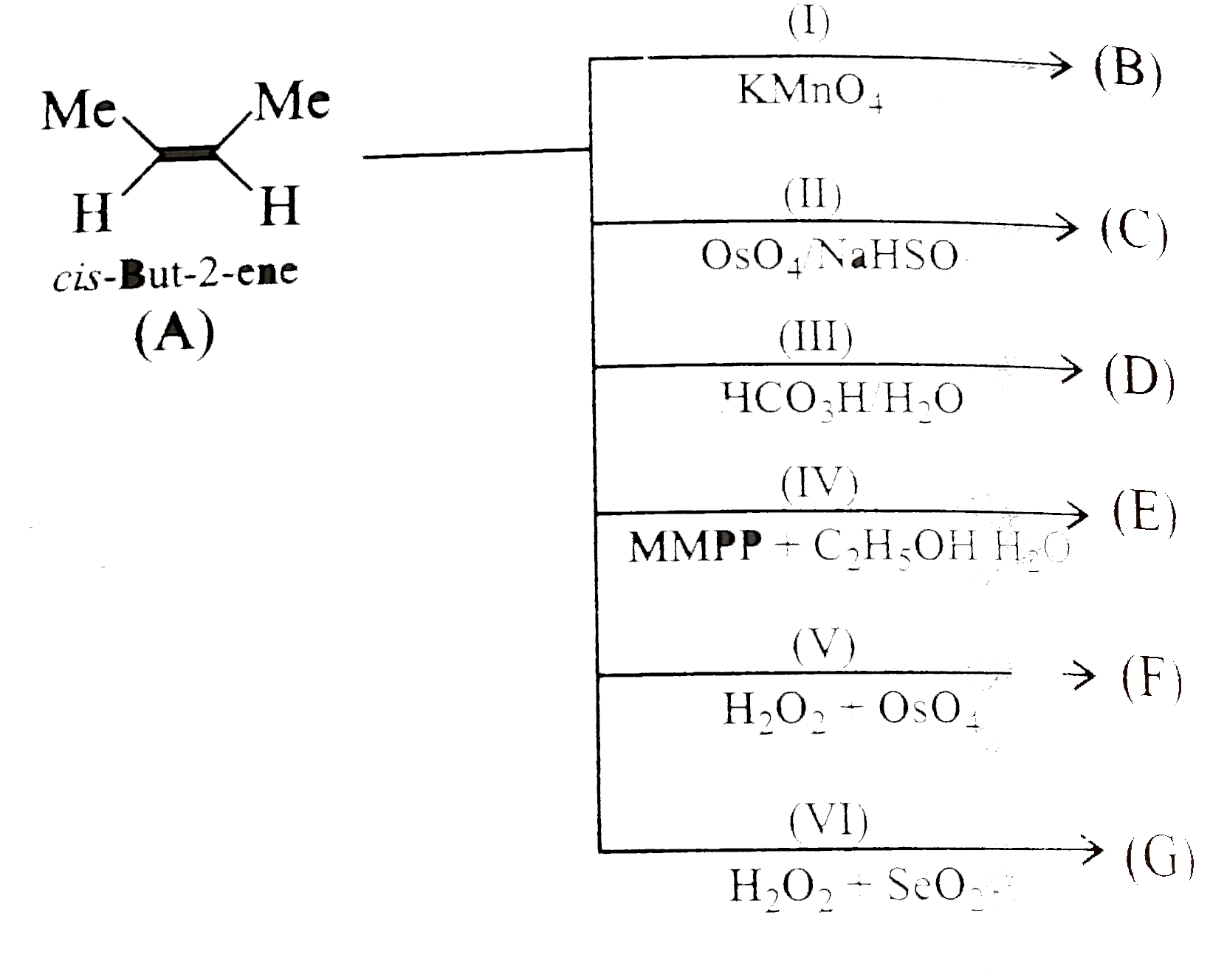
Which of the following are stereospecific reactions ?
A
(I),(II)
B
(I),(II),(III)
C
(III),(IV),(V)
D
All
Video Solution
Text Solution
The correct Answer is:D
All these reaction are hydroxylation reaction. All of them are stereospecific, but if one product is formed they are regioselective. If more than one products in almost major amount are formed they are non-regioselective.
Syn-hydroxylation occurs in reaction (I),(II), and (V) , whereas anti-hydroxylation occurs in reactions (III),(IV), and (VI)
ReactantReagentmechanismProducta.cis(with twosame groups)syn [with twosame OH groups]Mesob.cis (with twosame groups)Anti (with twosame OH groups](±)or racemicc.trans (with two)same groups)Syn [with twosame OH groups(±)or racemicd.trans (with twosame groups)Anti [with twosame OH groups]Meso
|
Topper's Solved these Questions
- ORGANIC REACTION MECHANISMBook:CENGAGE CHEMISTRYChapter:ORGANIC REACTION MECHANISMExercise:Multiple Correct
Explore 30 Videos
- ORGANIC REACTION MECHANISMBook:CENGAGE CHEMISTRYChapter:ORGANIC REACTION MECHANISMExercise:Single correct
Explore 50 Videos
- ORGANIC REACTION MECHANISMBook:CENGAGE CHEMISTRYChapter:ORGANIC REACTION MECHANISMExercise:Subjective
Explore 19 Videos
- NCERT BASED EXERCISEBook:CENGAGE CHEMISTRYChapter:NCERT BASED EXERCISEExercise:Chemical Equilibrium
Explore 72 Videos
- P-BLOCK GROUP 13 - BORON FAMILYBook:CENGAGE CHEMISTRYChapter:P-BLOCK GROUP 13 - BORON FAMILYExercise:Exercise Archives (Subjecive)
Explore 9 Videos
Similar Questions
Knowledge Check
Consider the following reaction
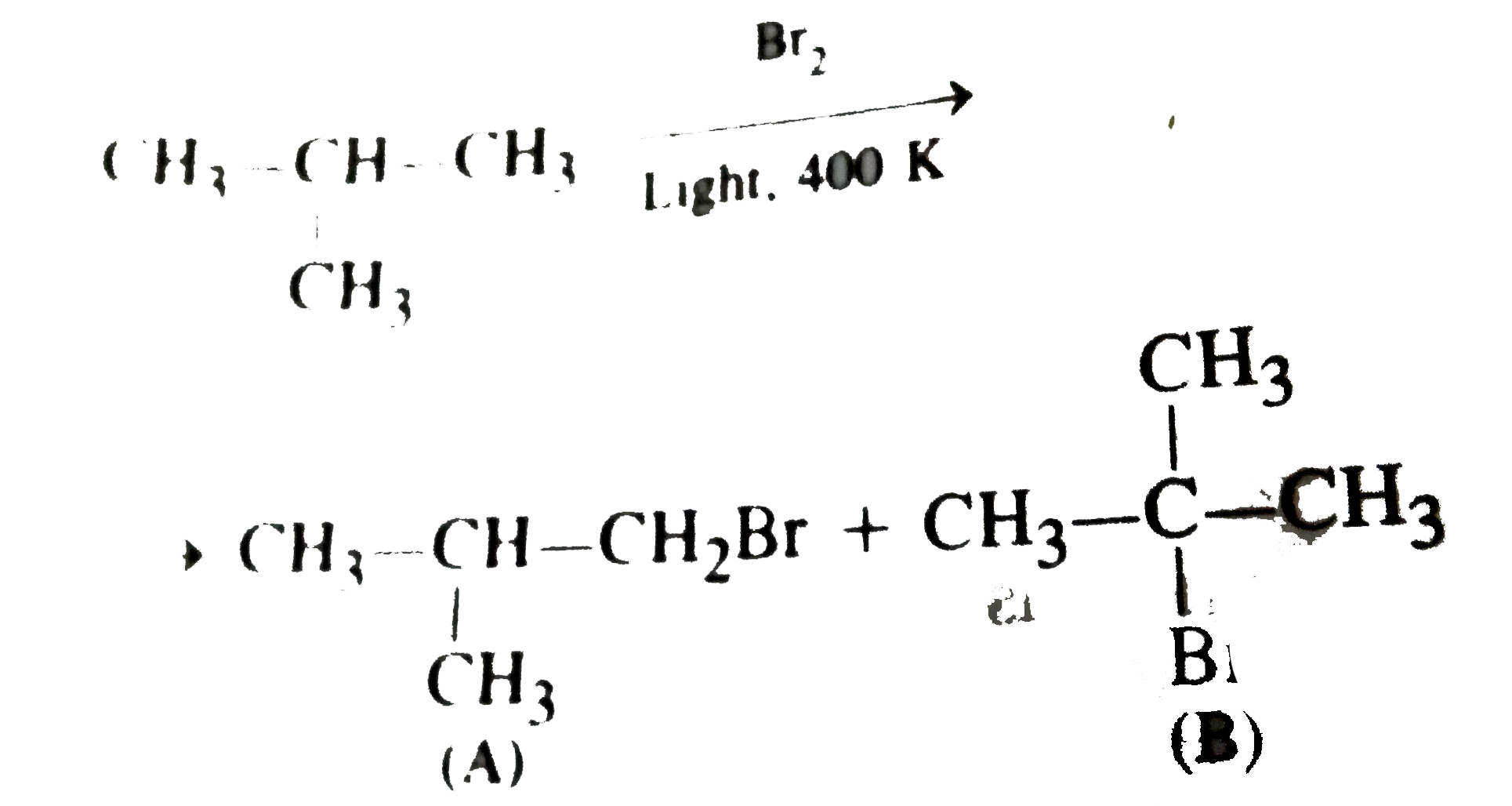
Which of the following is true?ACompound A is formed in much larger equal amountsBCompound A is formed in much larger equal proportionsCCompound B is formed in much larger equal amountsDRelative amount of the two cannot be predictedConsider the following reaction :

'A' is :ACH≡CHBCH3−C≡C−CH3CCH3−C≡CHDCH2CH2Consider the following reactions :
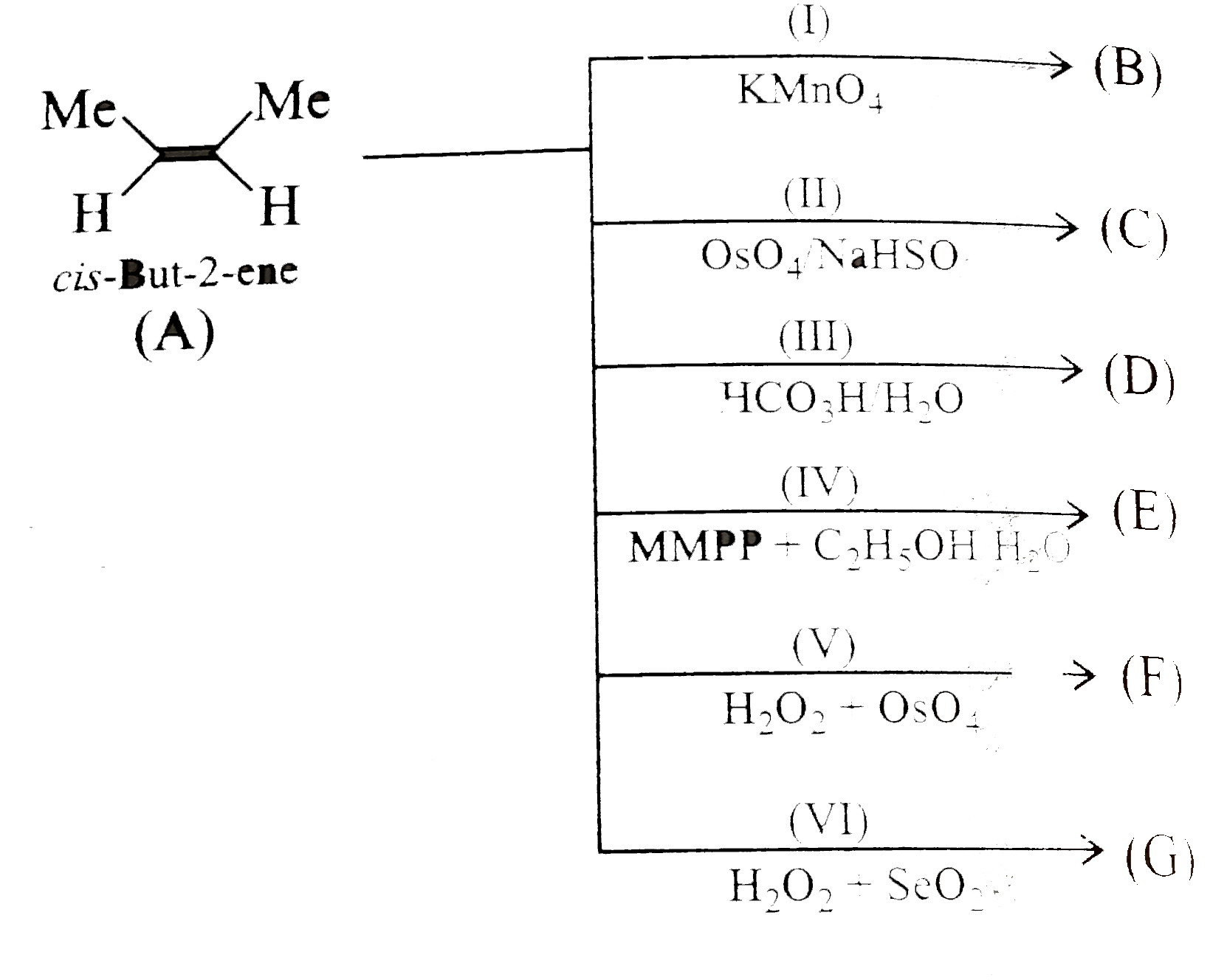
Which of the following regioselective reactions ?A(I),(II),(V)B(III),(IV),(VI)C(I),(II),(IV)D(III),(IV),(V)
Consider the following reactions :
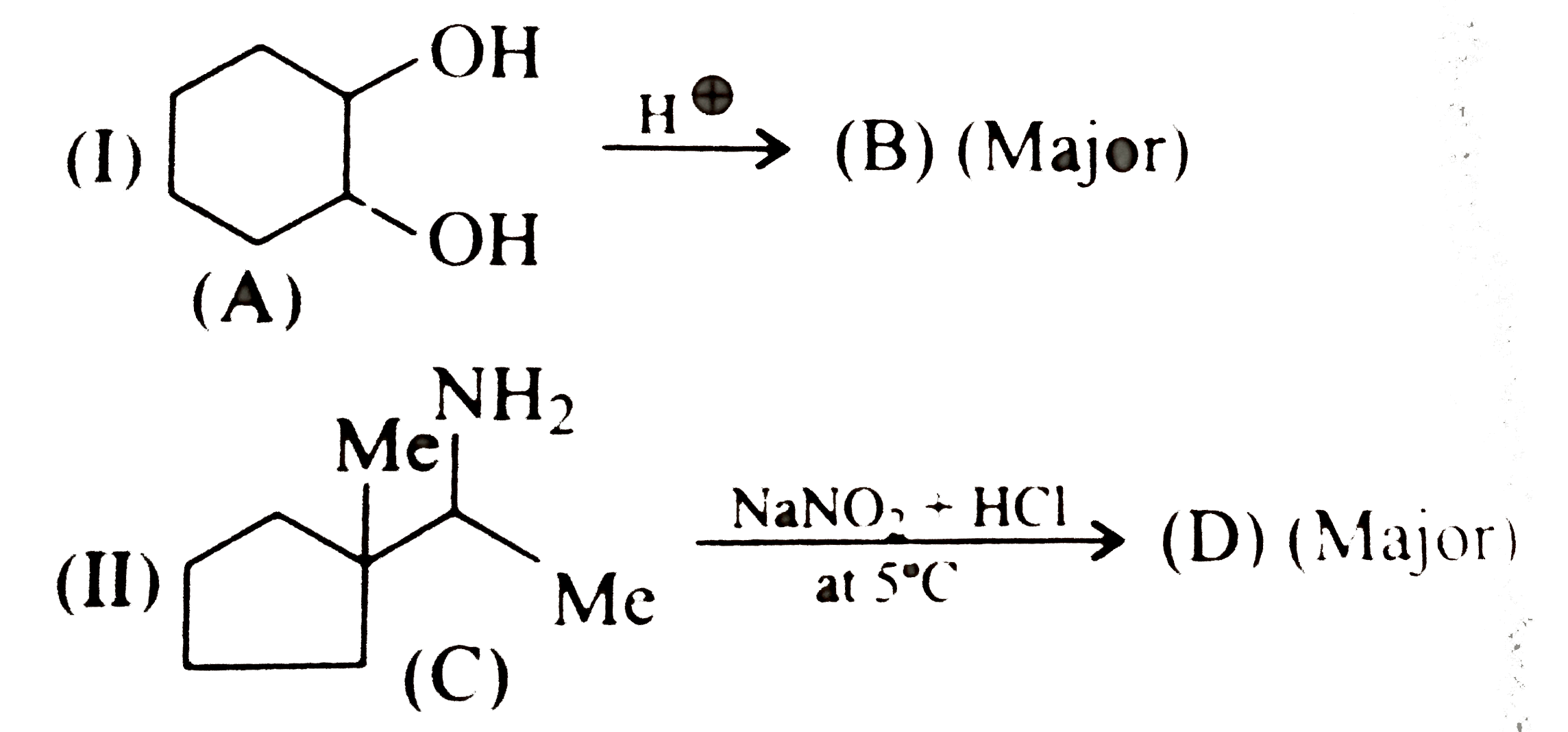
Which of the following statements are correct ?
View SolutionConsider the following reactions :
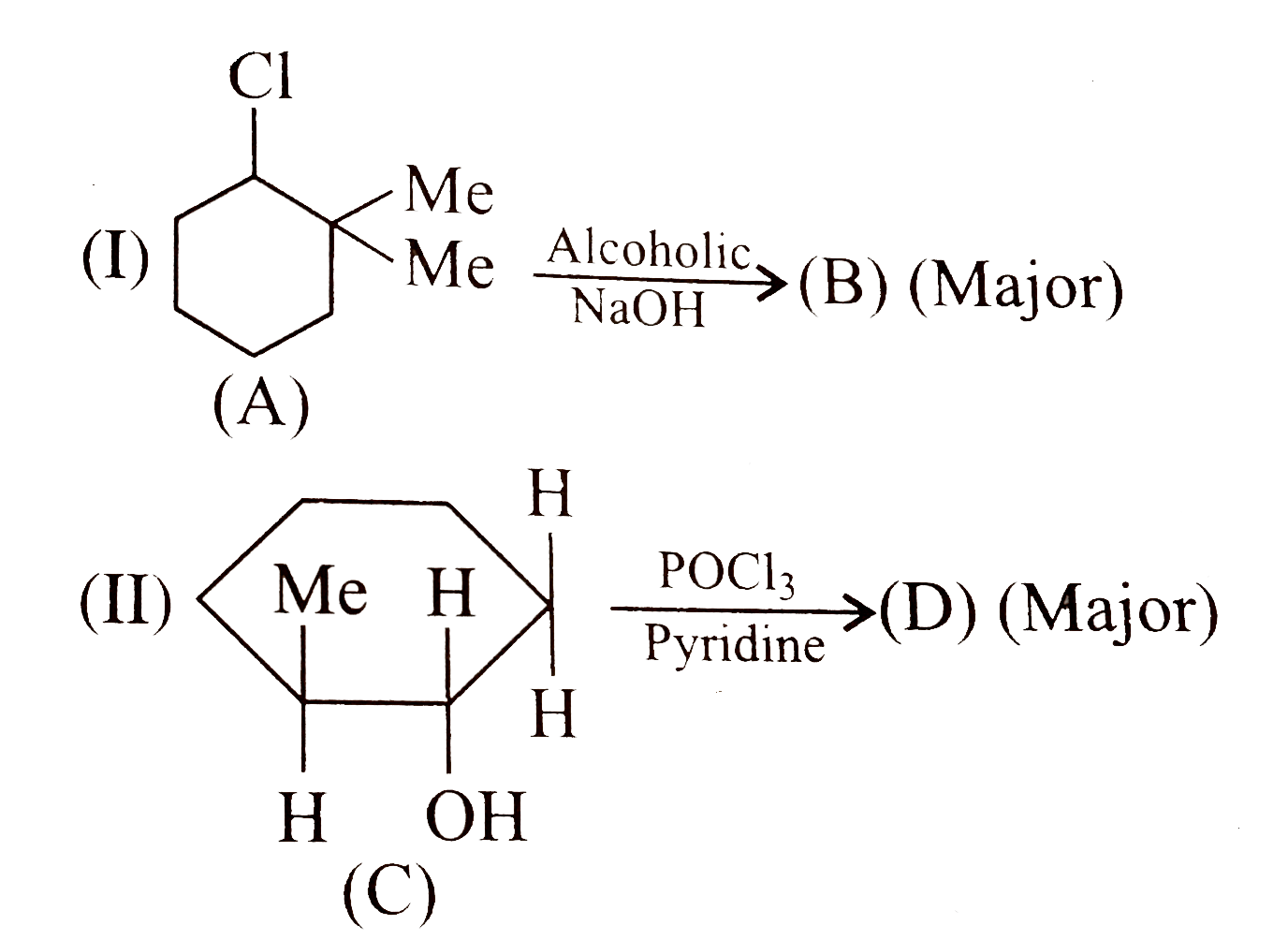
Which of the following statements are correct ?
View SolutionConsider the following reaction sequence:

View SolutionConsider the following reaction sequence

View SolutionConsider the following reactions:
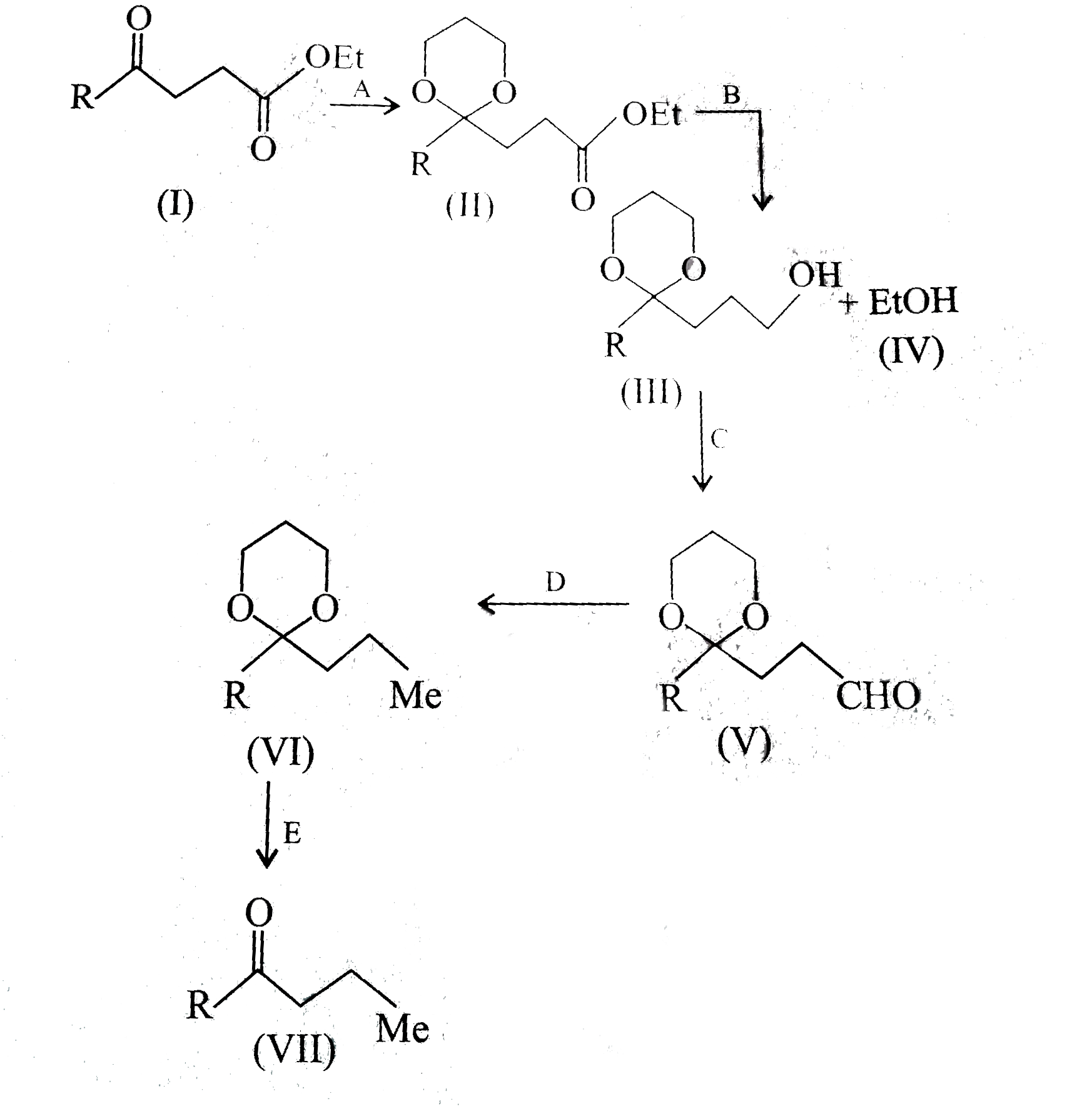
Which of the following reagents is/are used in the above conversion?
View Solution



